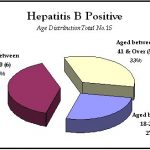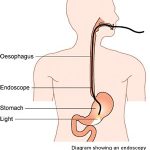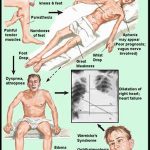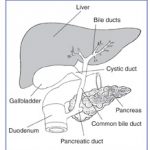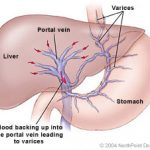What Is?
What is Reactive Hypoglycemia?
What is Reactive Hypoglycemia? By Mayo Clinic staff Hypoglycemia occurs when your blood sugar (glucose) level falls too low. There are several reasons why this may happen, the most common being a side effect of drugs used for the treatment of diabetes. But to understand how hypoglycemia happens, it helps to know how your body…
Read MoreWhat is Viral Load?
What is Viral Load? by: Albrecht Ernst Your viral load is the amount of specific viruses that you have, in a given volume of your blood (usually 1 milliliter = 1 cubic centimeter). More precisely, it means that the amount of Hep C genetic material found in your blood corresponds to as many Hep C…
Read MoreWhat is Hepatitis B?
Hepatitis B Fact sheet N°204 July 2012 Key facts Hepatitis B is a viral infection that attacks the liver and can cause both acute and chronic disease. The virus is transmitted through contact with the blood or other body fluids of an infected person. Two billion people worldwide have been infected with the virus and…
Read MoreWhat is an Endoscopy?
What is an Endoscopy? From Wikipedia, the free encyclopedia A physician using an endoscope Endoscopy means looking inside and typically refers to looking inside the body for medical reasons using an endoscope, an instrument used to examine the interior of a hollow organ or cavity of the body. Unlike most other medical imaging devices, endoscopes…
Read MoreWhat is Vitamin B1 Deficiency?
What is Vitamin B1 Deficiency? In my quest to find a solution to the problems I and many others face with Cirrhosis, I posted an article at the weekend about Cirrhosis being a syndrome, not a disease. In continuing to look into this and in particular vitamin deficiency a number of interesting facts emerge which…
Read MoreWhat is Sustained Response?
What is Sustained Response? Definition: During the course of antiviral therapy for hepatitis C, patients may show varying degrees of response to interferon or other medications. Those who do not have detectable blood serum levels of viral RNA 6 months after finishing treatment with medication are called “sustained responders” or “long term responders”. Sustained responders…
Read MoreWhat is Pruritus?
What is Pruritus? ITCHING!!!!!!!! Causes of generalised itching Many tumours, particularly those of the Lymph node system release an unknown chemical which causes generalised itching. Sometimes this may be the first symptom of cancer and patients notice a marked improvement when chemotherapy starts. Often patients have a return of the itching if the tumour relapses…
Read MoreWhat Is Primary Biliary Cirrhosis?
What Is Primary Biliary Cirrhosis? Primary Biliary Cirrhosis (PBC) is a chronic liver disease that slowly destroys the bile ducts within the liver (intrahepatic bile ducts). Liver inflammation over a period of years may cause scarring which leads to cirrhosis. PBC is NOT alcohol or drug related, and it is NOT contagious. The name “Primary…
Read MoreWhat is Portal Vein Obstruction?
What is Portal Vein Obstruction? In the English literature, portal vein obstruction was first reported in 1868 by Balfour and Stewart, who described a patient presenting with an enlarged spleen, ascites, and variceal dilatation. The vast majority of cases are due to primary thrombosis of the portal vein; most of the remaining cases are caused…
Read MoreWhat is Portal Hypertension?
Portal hypertension is an increase in the pressure within the portal vein (the vein that carries blood from the digestive organs to the liver). The increase in pressure is caused by a blockage in the blood flow through the liver. Increased pressure in the portal vein causes large veins (varices) to develop across the esophagus…
Read More

